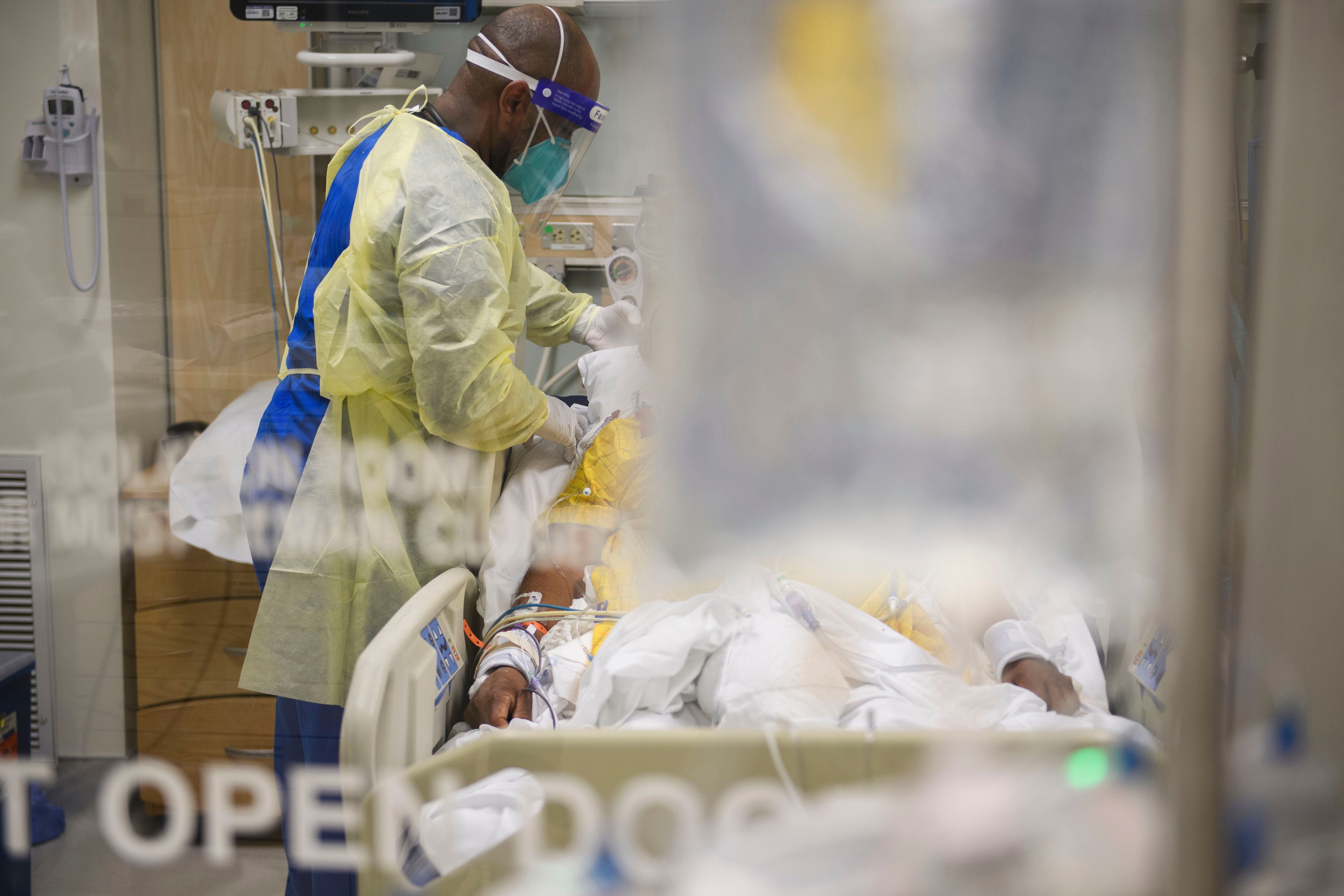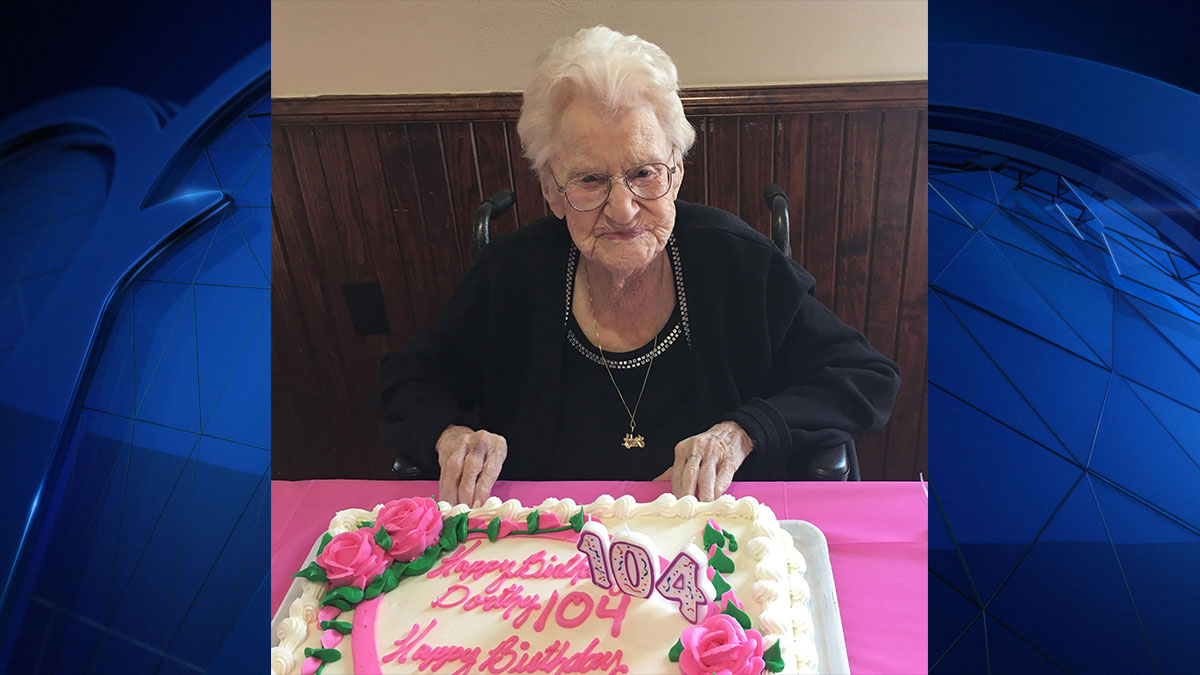Mark Lemus has been tested for COVID twice, after he was possibly exposed to the virus. Both tests were negative.
"We just wanted the peace of mind, of having done the test and seeing what the results are," said Lemus.
But the tests were time consuming and pricey. Lemus waited in line for six hours for one test, and paid $130 for the other.
But soon, home tests will change this. The FDA has fast-tracked the approval of three at-home tests that promise results in as little as 15 minutes. They'll cost $5 - $50. One requires a doctor's prescription, but you'll be able to buy another one straight off store shelves.
Anne Rimoin, professor of epidemiology at UCLA, says professional testing is the preferred method, but if that's not doable, home tests are a great option.
"I think the more availability of testing there is, the better we all are," said Rimoin.
But Rimoin has some advice. Home tests will likely use nasal swabs. She says it's ideal if a healthcare professional can watch you collect the sample, even if it's virtually.
"Making sure you do it correctly is going to be key," said Rimoin. "And user error is always going to be a factor here."
Even with a good sample, Rimoin says COVID tests aren't always accurate. Two of the at-home versions are antigen tests, which the CDC says can fail to detect the virus when you're not showing symptoms. The third test you'll be able to take at home is called a LAMP test, which can be more reliable.
According to the FDA, these home tests have just a 10% error rate. But Rimoin warns that while a negative result may be encouraging, it's not a free pass.
"We also have to remember that that test is only valid for that moment that you took that sample," said Rimoin. "Because you could be exposed afterwards or you could be in an incubation process."
As for Lemus, he's eager for home tests to hit the market, although he says life will still remain pretty quiet.
"We've just been staying home," Lemus said. "We only go out for groceries or food." This
is what Rimoin suggests we all do.
"Testing is no substitute for all of the things we always talk about in terms of public health and prevention, which is wearing a mask, social distancing, hand hygiene, congregating with people outside your own household," she said.




